Digital Media Walkthrough For Absolute Beginners

In today's digital age, knowing the best techniques to reach your target audience and increase your marketing strategy is critical. Digital media is a terrific tool to accomplish this.
Understanding what digital media is and how it is utilised will help you make more strategic marketing decisions and attract more people to your company and brand.
A smartphone weather app, a racing game on a video game console, and an ultrasound diagnostic gadget in a hospital are all examples of digital media products. They are successful because they are entertaining, simple to use (even enjoyable in the case of games), and effective.
Digital media is a combination of technology and content, and creating digital media products necessitates teams of specialists with a wide range of capabilities, including technical, artistic, analytical, and production coordinating abilities.
All of these abilities must be balanced in a team, with all team members focused on providing the best user experience possible.
Today's world is populated by digital media products, and these products enable and deliver experiences in a wide range of industries, including those not traditionally identified with digital media, such as health, government, and education. However, we need to ask ourselves at this point - what exactly is digital media?
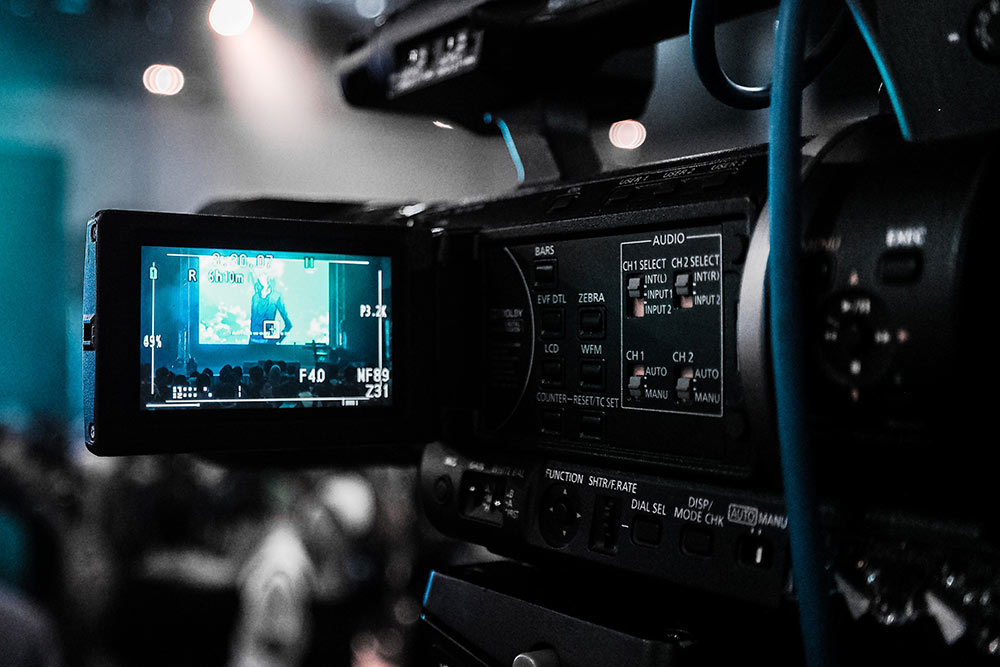
What Is Digital Media?
Information shared via a digital device or screen is referred to as digital media. It is, in essence, any form of material that is created, distributed, viewed, and stored via an electronic device. Companies frequently utilise this type of media to promote their products and services. The majority of modern marketing uses digital media to develop and show advertising content. Social media posts, video commercials, and blogs or research articles are all examples.
Digital media can be readily found in:
-
eCommerce
-
Console, web, and mobile games
-
Mobile applications and websites
-
Animation
-
Social networking sites
-
Video
-
Virtual and augmented reality
-
Virtual reality (VR)
-
Data visualisation
-
Services based on location
-
Interactive storytelling
Industries utilising Digital Media:
-
Entertainment
-
Technology
-
eCommerce
-
Non-Profit
-
Health
-
Education
-
Advertising and marketing
-
Government
-
Sports
-
Environment
-
Television
-
Publishing
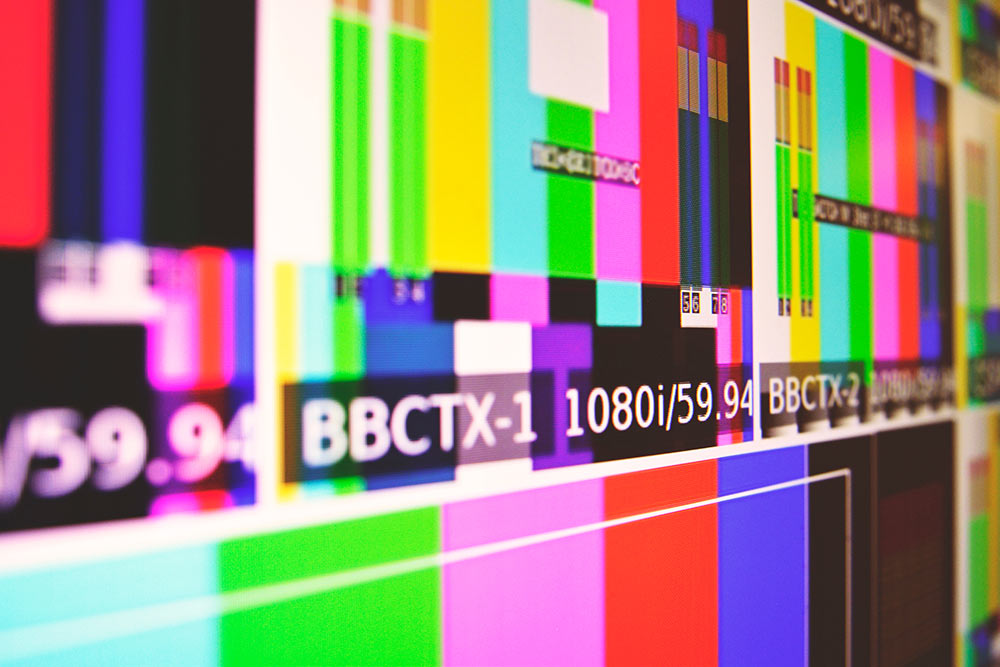
A bit of elaboration on how some of those industries use digital media:
Healthcare - The healthcare business advertises its services and connects consumers with healthcare experts and organisations through digital forms of media. If you're looking for a doctor, for example, you can use the internet and your computer to obtain information about respected doctors in your area.
Entertainment - This industry employs several forms of digital media, such as films, television series, and music. Film and other forms of entertainment, such as music, have become easier to transmit to consumers as a result of digital media.
E-Commerce - Social media is used by eCommerce websites to provide information about their products or services. They can, for example, use their website and social media accounts to raise brand awareness, sell their products, and generate online sales.
Marketing & Advertising - The marketing industry advertises its promotional goods through digital media. A company's advertising department, for example, can distribute a digital ad on a website to promote the company's products or services.
Non-Profits - Non-profit organisations utilise social media and websites to generate awareness, connect with people, and collect money. A non-profit, for example, can utilise social media to spread the word about a new fundraising effort.
Publishing & Media - Digital media is used by the publishing and media industries to share various types of material, such as blog entries, videos, podcasts, and news stories. While businesses may have their websites that store this type of information, they can also use their social media profiles to promote it and send users back to their websites.

Digital Media Marketing Benefits?
In our daily lives, we can all observe the influence of the media. But how does this benefit your company? We'll go over three ways:
-
Encourages social engagement
-
A levelled playing field for businesses
-
Corresponds to how customers shop
Facilitating Social Engagement
Both corporations and individuals may now maintain interactions and friendships beyond time and distance thanks to digital forms of media.
This is due to the ease with which it may link your clients with one another and with your company.
Facebook supports this relationship by emphasising words like "congratulations." This contributes to a more engaging feed for users!
But what does this have to do with your company?
One thing all special moments have in common is that they are all tremendously emotional. While not all brands have a product or service that lends itself readily to this narrative, all businesses can find a way to carve out a place for themselves inside these exceptional shared moments.
The idea is to have your brand associated with these landmarks. This is a wonderful strategy to enhance your social media presence and thus brand recognition.
Having a method to communicate with your target audience, whether you're providing updates on social media or replying to comments on your blog, can help you establish a community around your company.
A side benefit that comes from all this interaction would be that your brand gets more recognition.

Brand Recognition
Because so many people have access to digital media, it's a wonderful approach to reaching a larger audience. This can assist you in increasing your sales and revenue.
Let's imagine you want to promote a new skincare brand. You may quickly notify your target audience by posting on your website and social media channels.
Potential buyers can then follow the links to your ecommerce store, where they can make a quick purchase.
Incentives, such as discounts, might provide some motivation. Some of your consumers, on the other hand, may prefer to share your brand because it aligns with their ideas, allowing them to take a more public stance on values and concerns.
Consumers understand that brands frequently encourage and share material from their customers, and having your post shared by a company is an exciting motivator to mention a brand, particularly when celebrating a milestone or other big occasion.
As social media's significance in our daily lives expands, so does the potential for businesses to connect with customers. Whether it's seeking advice from their friends or praising one of their "holy grail" items, this generation has already begun to recognise and share the importance that their favourite brands play in their lives, especially important life events.
If your company can identify and tap into the emotions driving your audience's behaviour, you'll have a higher chance of engaging with them and turning them into not only lifelong customers but also brand evangelists.

All of this consequently leads to the next benefit:
Aligning With Customers’ Shopping
The average person spends more than 20 hours per week online. Every year, over 1 trillion searches are conducted online, and over 8 billion Facebook video views are recorded.
The majority of customers look for items or services online. If people find your business through a buddy sharing a life experience (and how your brand made it better), the outcome of a search query, or a promotional video, you can credit digital media.
To be relevant to the vast majority of your clients, you'll need an online presence. This is why digital media marketing is so important in business.
But, wait, there’s one more thing. Remember, that in this realm of digital media, everyone is starting on a levelled footing.

Digital Media Levels the Playing Field
We've all witnessed it. A large corporation moves into town and destroys all of the local niche shops. Amazon is the sole online equivalent. It's difficult to compete with big-name recognition or millions of dollars spent on marketing by larger corporations.
Small businesses benefit from digital media, both in physical places and on online selling sites. Smaller firms can achieve top rankings by utilising digital media and marketing strategies.
Who knows if the professional-looking website with intriguing images and compelling material is the work of a three-person operation or a multi-million dollar corporation? You could be two blocks or two thousand miles away. As a small business owner, you may not want it, yet digital media marketing can provide you with a global consumer base.
As previously said, the effectiveness of social media is determined by involvement. This offers the small business owner an advantage over larger competitors. A company's social media marketing will fail if it does not actively communicate with its clients.
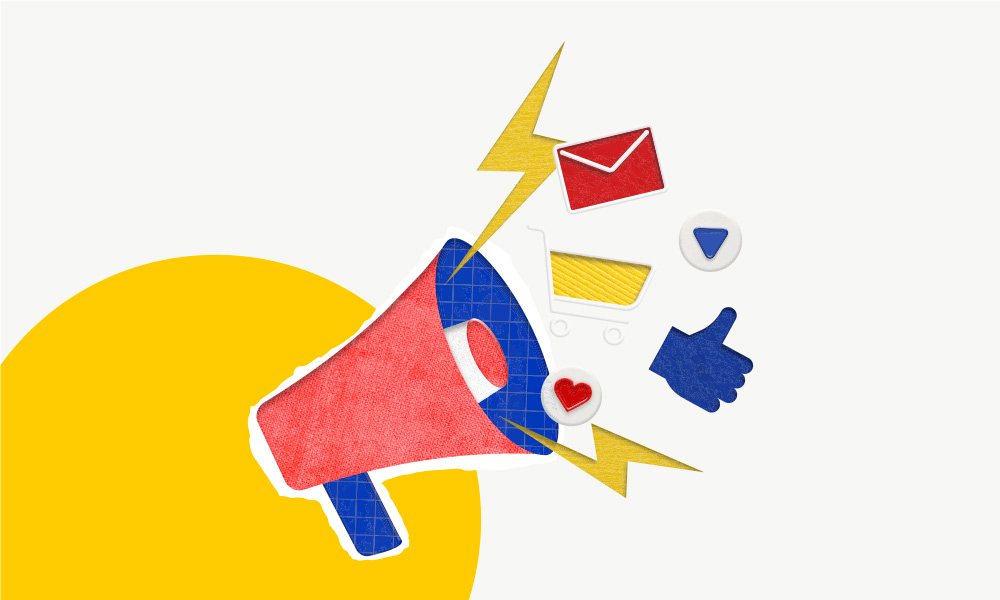
The usage of digital media platforms to promote a brand aids in the collection of client feedback. Utilising digital media to market your business may also be an effective and cost-effective type of promotion when managed correctly using preset KPIs.
Now, if you’re thinking that the benefits stop there, let’s stop you right there, boss! There’s more.
Productivity Boosting
When all employees have easy access to digital advertisements and information, the company's efficiency and productivity improve.
Working professionals may now complete jobs more rapidly because of the capacity to use email, smartphones, and the internet, providing them more time throughout the workday.
This enhanced productivity subsequently allows businesses to create more sales and money, making them more competitive in their respective industries.
Easier Hires
Many businesses, and notably hiring managers, use internet media to attract and source talent. It is especially beneficial in attracting digitally aware applicants.
Instead of placing an ad in the newspaper, a hiring manager can publish the opportunity on the company's website, social media profiles, and numerous online job forums.
This helps businesses to reach a broader pool of people and boost their chances of selecting a qualified candidate who best suits their requirements.

This brings up an interesting wrinkle:
Digital VS Analogue
Even in the digital age, the debate about the usefulness of print vs digital media continues. This is most likely due to the benefits that both types of marketing can provide for your company.
Direct letter marketing, for example, has a 37% greater response rate than email marketing. However, this hasn't stopped businesses from adopting digital media into their marketing operations.
As of June 2019, 91% of enterprises throughout the world used content marketing to promote their brands.
However, to produce the most effective marketing campaign, we have to make a note that it is critical to integrate digital and print media techniques.
Companies who employed both sources of media saw a 400% increase in efficacy when compared to companies that used only one.

Digital Media Types
Though there are many different types of digital media to examine, they always fall into one of the following categories:
-
Owned
-
Earned
-
Paid
Owned Media
This refers to media that you or your firm own and control. Any internet asset that you control is considered owned media and is usually exclusive to your brand.
An electronic device, a website, a blog, a video, or a social media platform are all instances of owned media.
Increasing the amount of digital media you produce increases the visibility of your company. This visibility boosts your brand's authority and helps its search engine rating.
When you optimise your owned material for SEO, your company will appear when prospective customers search for themes related to what you offer.
The more owned digital media you produce, the more noticeable your company will become. This provides your brand authority, which raises your rating in search engine results.
Owning digital media allows you to manage the conversation surrounding your company. To get the most out of your owned media, you must commit to delivering great material regularly.
Earned Media
Customer-generated advertising is referred to as earned media. When customers promote your brand through word of mouth, social media, reviews, testimonials, shares, re-posts, and so on. This is the best type of endorsement a company can get.
For example, if a consumer recommends your services on social media, you earn media because they enjoyed your services enough to tell others about them.
Earned digital advertising is an efficient approach to expanding your brand while lowering consumer acquisition costs.
However, you will need to monitor this frequently because, unlike owned digital media, you have no control over what is stated about your company and its products and services.
Strong organic search engine rankings and high-quality content are two of the drivers driving your earned media.
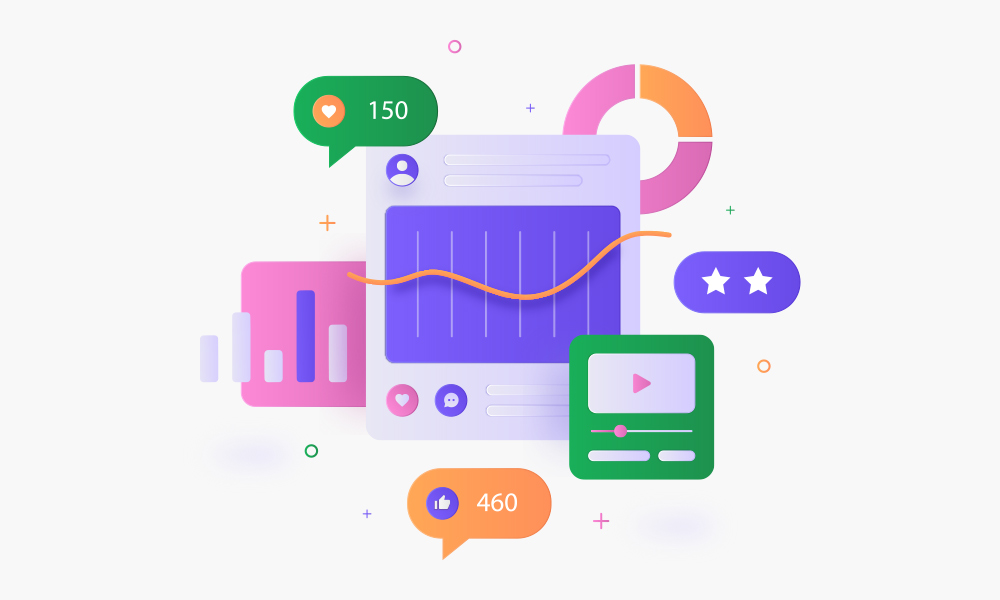
Paid Media
Paid media is digital media that you have purchased to promote your business or services. Paid media is typically used to generate traffic back to your owned media.
You can pay for an online advertisement to increase traffic, sales, and profit on your owned media or website by promoting your online content. Display ads, Facebook ads, and paid search ads are examples of paid media.
Paid media can be costly, but when done appropriately, it exposes your content and brand to a larger audience.
A good marketing agency can direct the right customers to your website via paid media and efficient PPC management.
Furthermore, paid digital media advertising in your campaigns can provide significant and measurable outcomes, boosting your whole marketing strategy.

Digital Media & Digital Marketing
Digital marketing is the process of putting material (Facebook posts, banner advertisements, sponsored search ads, and so on) in the right place at the right time to reach the most valuable customers.
Digital media is either an asset or content. Media refers to digital platforms such as your website, emails, and social media channels via which you can communicate your digital marketing.
Digital marketing is the process of gathering particular information about products or services and target audiences to place advertisements most efficiently and effectively for maximum profitability and ROI.
Simply put, digital marketing is the use of digital media platforms and digital media to market. The two are inextricably linked.
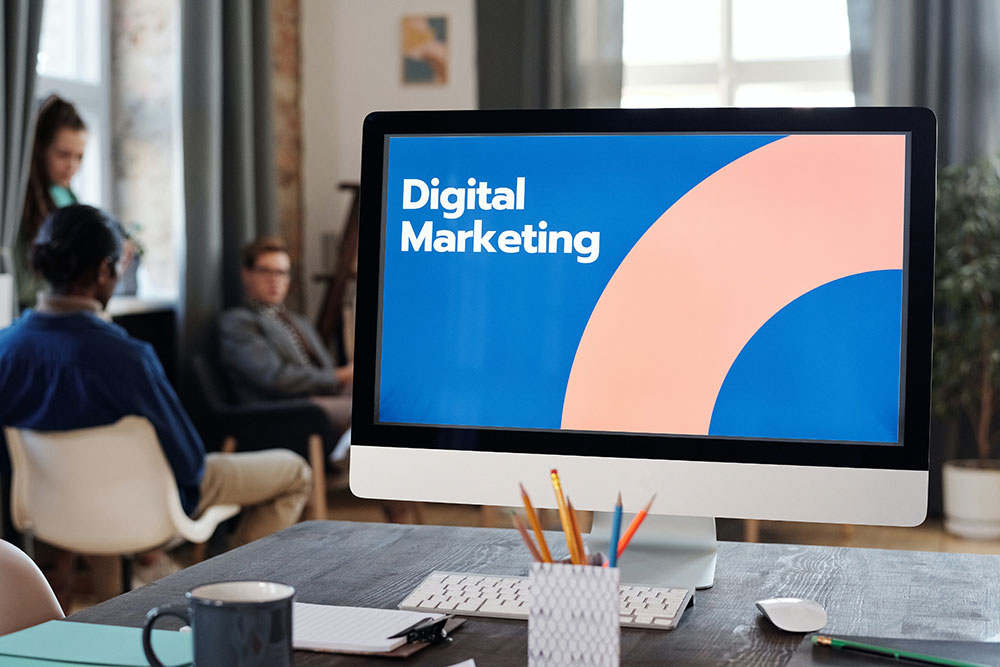
Examples Of Digital Media Marketing
Now that you've learned more about digital media, consider the following examples to gain a better grasp of the formats that businesses utilise for marketing and advertising:
Writing: Written content is used by businesses as part of effective content marketing initiatives. This can include blog posts, research pieces, and white papers that educate your readers while also promoting your business.
Audio: Companies can utilise audio to sell their products and services through platforms such as digital podcasts. They can either design an ad that appears during a popular show or produce their podcast regarding industry news and information.
Video: Businesses employ films for a variety of purposes, including product and service promotion and the creation of educational materials. These educational resources can assist businesses in informing their target audience while raising brand awareness.
Online Ads: Online advertising is a type of digital media used by businesses to market a product or service. Website banner ads and social media ads are examples of advertising.
Social Media: Businesses can create adverts on various social media sites to attract customers. These adverts can either target certain audience members or are shown to a large number of people to increase brand recognition.
Websites: Websites are typically used by businesses to communicate their company's mission and to offer an e-commerce store for its customers. Websites are also used by certain businesses to display content marketing items such as blogs and research articles.

Digital Media Marketing For Businesses?
Because more people are turning to technology for their buying requirements, you must employ digital marketing to reach those customers as a business.
Businesses must have a digital presence to succeed, whether that be through a website, social media platforms, SEO, or ideally, a combination of these.
You can reach a larger audience measurably and cost-effectively by using digital marketing.
Analytics-driven digital media allows you to reach more customers for less money than traditional marketing tactics, while also getting to know your client base and developing brand loyalty.
Most firms that employ digital marketing and digital marketing services effectively improve sales and money, which is what business is all about. Isn't it? You could hire in-house to get a talent pool within your organisation to get your digital media marketing up and running, or you could consider freelancers that can be found on platforms like Fiverr or even Toptal and UpWork.
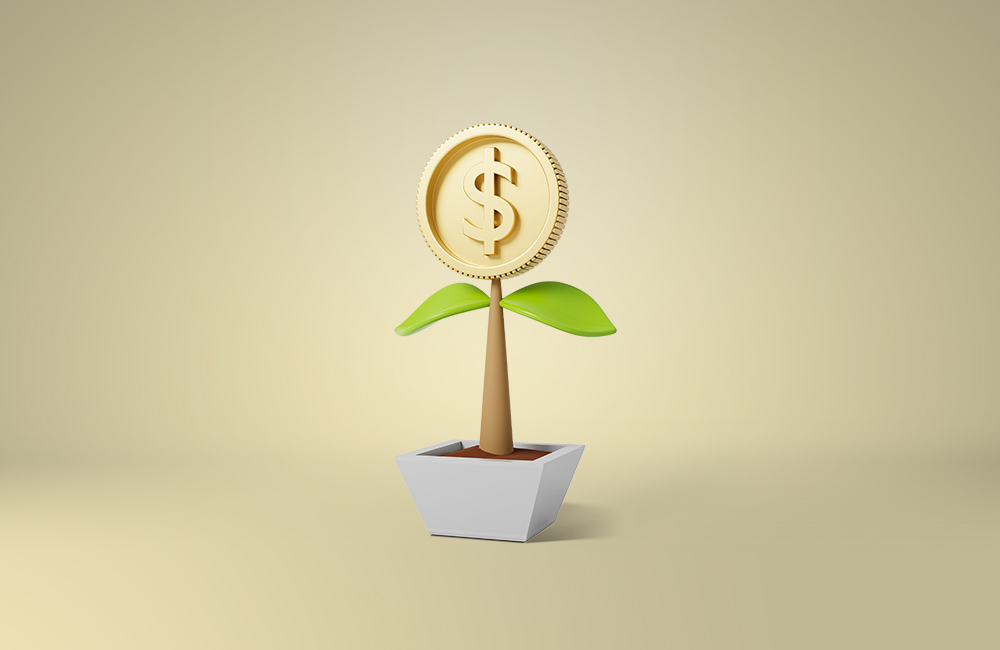
Closing Words
Consider how digital media can benefit you and your business now that you know more about it. When you use digital media strategically, you may expand your business, raise brand awareness, and generate revenue.
You may start by fine-tuning your marketing and targeting your ideal customer using the digital media types and examples mentioned above. Understand also what your customers desire and get them to start positively connecting with your business by using cookies and internet tracking techniques.
Everything in consideration, digital media can only help boost your present marketing plan.
More articles please read Instagram Ads: Quickstart Guide + Bonus Tips To Save Costs

